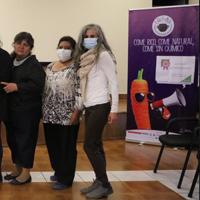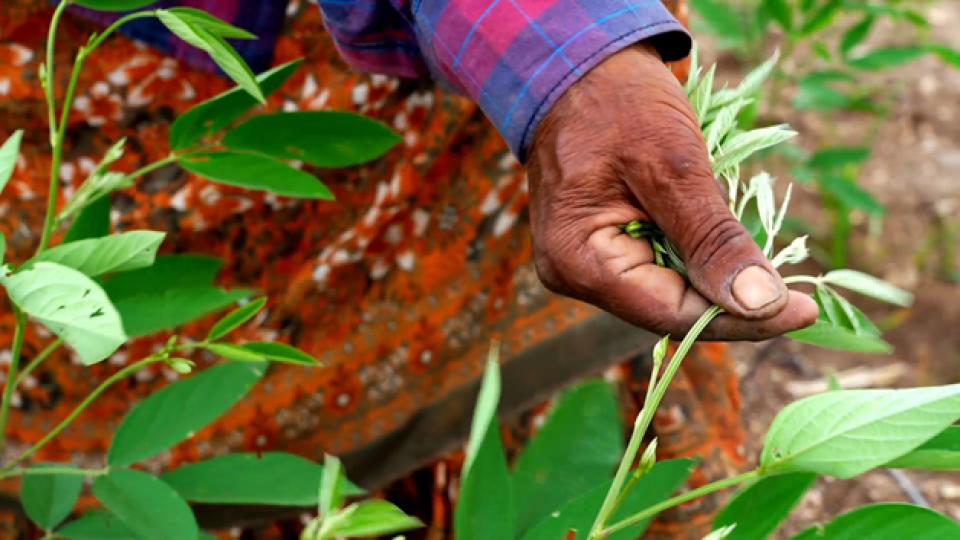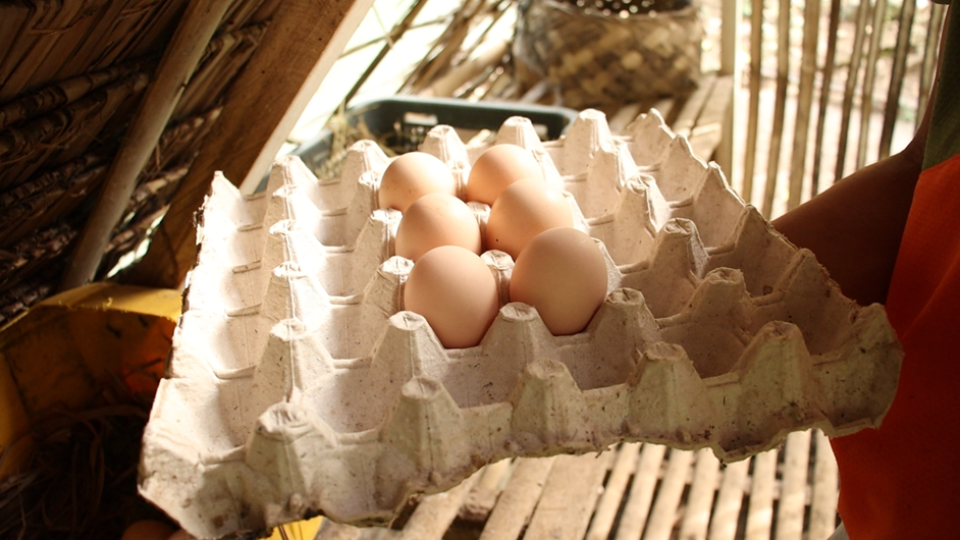
The best way to educate consumers is right at the start, when they are school children.
In early 2021, Roxana Castellón, who works at Agrecol Andes, a Bolivian NGO, began approaching public schools around Cochabamba, asking the directors if they were interested in adding a new topic to their biology curriculum.
Some of them said “No, I have a fixed program I am supposed to follow.” But others agreed to let Roxana approach their biology teachers. Eighteen teachers, in different schools around Cochabamba, agreed to add some lessons on food and where it comes from. Much of that food is doused with agrochemicals, with problems ranging from birth defects in human babies to rivers covered in dead fish.
The course had to be designed locally, because in Bolivia many people believe that pesticides as a First World issue, and that these poisons are barely used here.
Unfortunately, in 2021, the schools were closed because of the Covid lockdown. The 18 teachers gave their class on agroecology virtually, with the help of an expert hired by Agrecol Andes, who presented a PowerPoint online.
The next year, in 2022, when the schools reopened, the teachers were trained to give the class in person, using the PowerPoint. Fourteen of the teachers gave the class. Five of the schools held agroecology fairs, where the students made exhibits for the other kids and for some visiting parents. Two schools planted ecological gardens, to put their new knowledge into practice.
Because of that effort, a group of us met recently to honour the teachers, at an awards ceremony with plaques and certificates.
At the event, Roxana spoke briefly about how she is evaluating the teachers’ experience by doing a study of the parents of the school children. She is still compiling the results, but they show that the parents also learned from what their kids studied at school. The parents realised that many of their favourite fruits and vegetables are produced with pesticides, which are harmful to the family’s health, and that it is worth making an effort to eat safer food.
Health, education, agriculture and nutrition are all tightly linked, but modern research-and-development has pulled them apart. Chemical-intensive agriculture appeals to many farmers because it may give higher yields (at least until soils have lost their life and carbon). But farmers will only produce what consumers want to buy and eat. It is time to educate ourselves about the risks to our health and the environment. The schools are the right place to start.
A video about schooling in Peru
Teaching agroecology in schools
Photo courtesy of Agrecol Andes.


